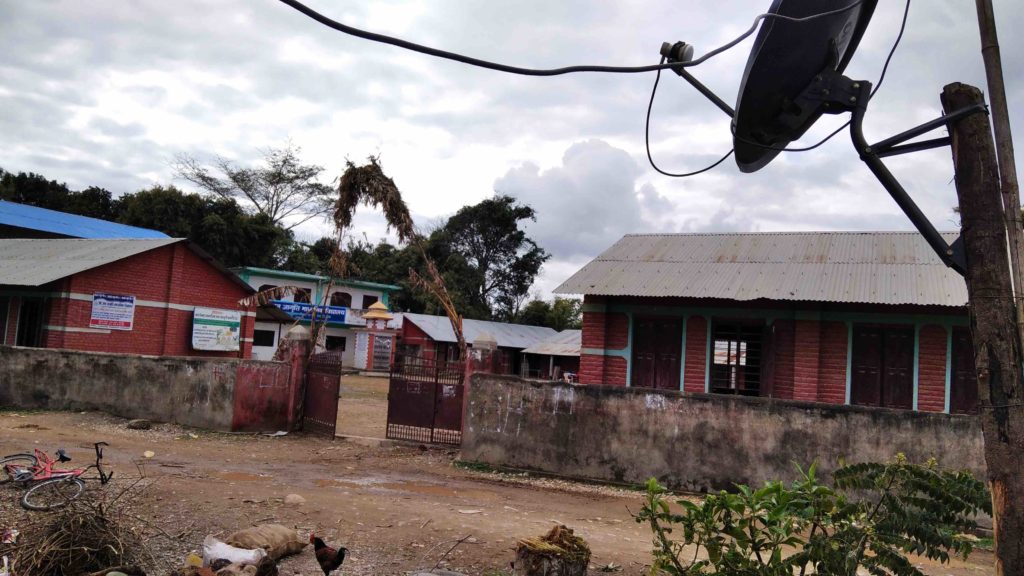The budget for the fiscal year 2020/21 unveiled by the government on Thursday was expected to restructure the tax system largely along with revising income tax slabs to invigorate the economic activities that have been largely hit by the over two months of the nationwide lockdown.
The budget came up with no room for variation in the individual income tax structure. Nonetheless, it has awarded the micro and small enterprises high priority and provided the sector a respite from the COVID-19 distress through lenient measures in taxation. Tax is one of the main tools that give the government a major source of revenue while it is also one of the mechanisms to boost up the aggregate demand of the economy that is reeling under recession.
According to the Federation of Nepalese Chambers of Commerce and Industry (FNCCI), more than 1.5 million individuals have lost their jobs following the lockdown enforced since March 24. So, the government has projected that poverty will increase by two-point percent, obviously hitting the consumption demand. The umbrella organizations of the private sector had been pressing the government to introduce a ‘more flexible’ income tax policy through the budget.
Shekhar Golchha, senior vice-president of FNCCI, said the government had seemingly focused too much on introducing a “balanced budget” and “maybe it was reluctant to turn flexible in terms of taxation” as it is under high pressure to manage adequate financial resources. “However, the budget has left very little room for boosting the businesses that are taken down heavily by the threat of coronavirus,” said Golchha.
Kamlesh Kumar Agrawal, vice president of Nepal Chamber of Commerce, said the government could have considered extending the tax bracket for the low income households which struggled to meet their daily requirements during this crisis. “The bright side of the budget is that it has at least introduced some relief measures for micro and small businesses,” he added.



